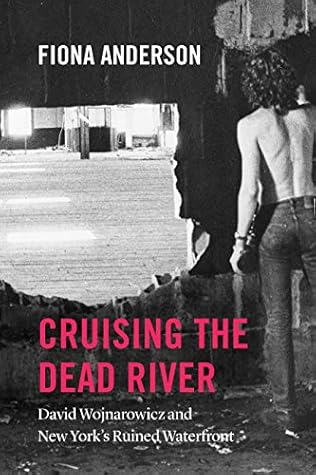A study of the gentrification of the waterfront in this period provides a vantage point from which to consider the city’s long-standing disinclination to archive itself, evident in its promotion of urban developments that resist the renewal of existing buildings and landmarks, and to explore the commitment of queer writers, artists, and filmmakers to preserving the ruined waterfront in the face of initiatives that tend to erase minority histories. Cruising, as an illicit appropriative occupation of the city’s derelict spaces, was itself a form of preserving them as noncommercial spaces and
...more
Welcome back. Just a moment while we sign you in to your Goodreads account.


